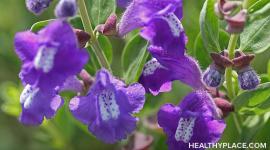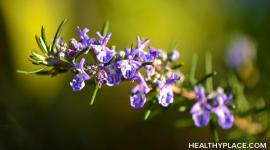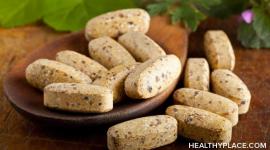Harmful Substances in Herbal Products

The words herbal and natural aren't synonymous with safe. Discover how some herbal products can be dangerous to your health.
Heavy Metals on Herbal Products
Excessive amounts of arsenic, lead and mercury have been found in some herbal products. Among 251 Asian medicines collected from herbal stores in California, 24 contained lead, 36 contained arsenic and 35 contained mercury. Da Huo Lo Dan (Herbal Pill), a commercial product containing 17 herbs, was found to contain excessive amounts of heavy metals. Some, but not all, herbal product manufacturers have their raw herbs assayed for heavy metal content.
Prescription Drugs with Harmful Substances
Prescription drugs such as phenobarbital, ephedrine, chlorpheniramine, NSAIDs, benzodiazepines, corticosteroids and methyltestosterone have been found in some herbal products, most often those containing multiple herbs that were manufactured overseas. Among 243 Asian medicines collected in California herbal stores, 17 contained undeclared pharmaceuticals. Five Chinese herbal products for control of blood sugar sold by two California companies were removed from the market in the U.S. after they were found to contain glyburide and phenformin. Cases of liver damage associated with the use of jin bu h uan (also known as jin bu huan anodyne), may have been due to adulteration with a Chinese pharmaceutical not listed on the label.
Misidentification of Herbs
The fact that some herbs can cause serious toxicity is well documented. The identification of raw herbs is traditionally made on the basis of appearance, taste, smell and feel. This may not be sufficient when the desired herb closely resembles a toxic botanical. In these instances, chemical analysis is required.
In some cases, misidentified herbs have caused serious adverse effects. The addition of a misidentified, toxic herb to a herbal product for weight loss marketed in Belgium resulted in severe kidney damage in about 100 women. Another herbal product containing the same toxic herb species, Aristochlia, caused kidney failure in two English women.
Summary
Herbal medicines can be manufactured and marketed without strict quality control or standardization, and consumers should consider the risks before using any herbal product.
The information on this web page is from the Rx Consultant newsletter and is included here, by permission, from the original article:
Rx Consultant
Traditional Chinese Medicine
The Western Use of Chinese Herbs
Paul C. Wong, PharmD, CGP and Ron Finley, RPh
next: Major Areas of CAM
APA Reference
Staff, H.
(2008, December 25). Harmful Substances in Herbal Products, HealthyPlace. Retrieved
on 2025, April 19 from https://www.healthyplace.com/alternative-mental-health/herbal-treatments/harmful-substances-in-herbal-products



